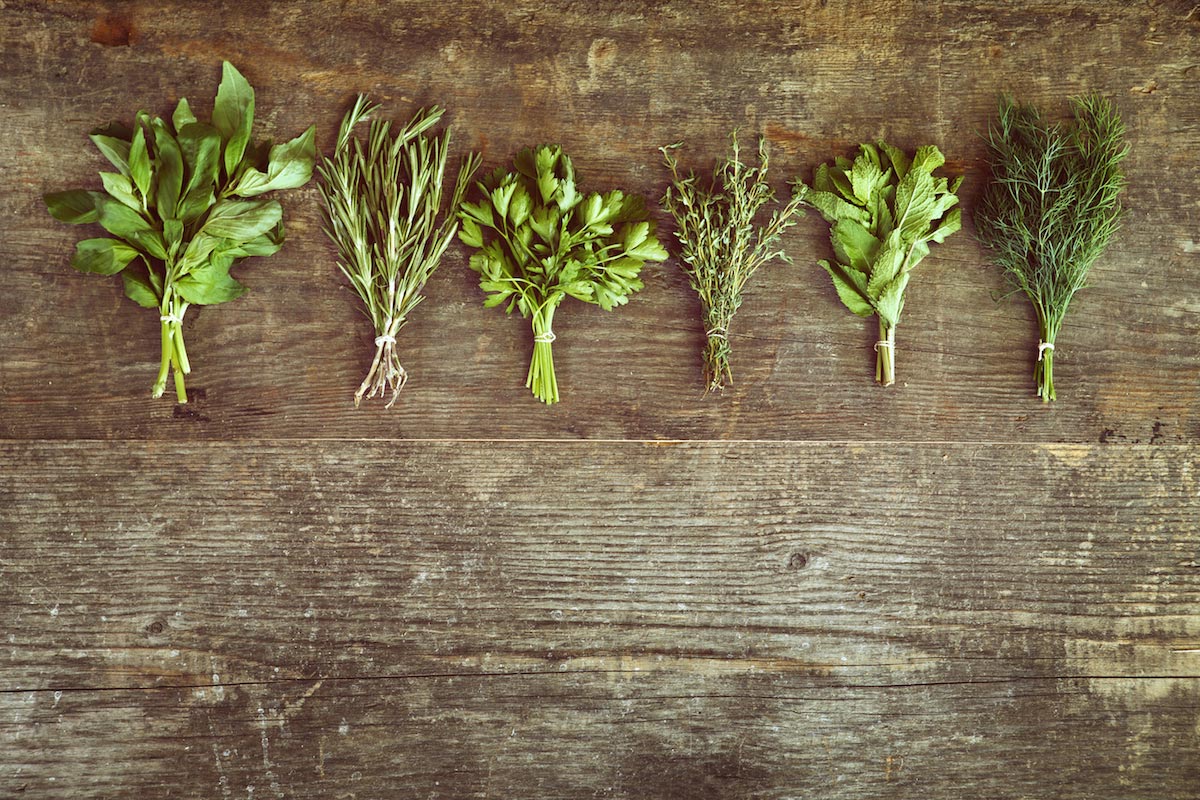- Gary Null's book "No More Cancer" challenges mainstream therapies like chemotherapy and radiation, arguing they are often ineffective or harmful, while advocating for overlooked alternative treatments.
- The book highlights dietary changes (e.g., consuming melons for pH balance, fiber for cancer risk reduction) and includes recipes and testimonials supporting natural approaches.
- Null accuses major cancer organizations (e.g., American Cancer Society, National Cancer Institute) of conflicts of interest, misleading progress claims, and prioritizing profit over prevention.
- The book emphasizes environmental factors (per Dr. Mae Wan Ho’s theory) as key cancer drivers, challenging the genetic mutation-centric view of mainstream medicine.
- Null promotes holistic methods (diet, herbs, detoxification) and shares patient success stories, urging readers to question medical dogma and explore integrative options.
In a world where cancer remains a formidable adversary, claiming the lives of approximately 600,000 Americans each year, a new book is sparking hope and controversy by challenging the status quo. "
No More Cancer: A Complete Guide to Preventing, Treating and Overcoming Cancer" by Gary Null offers a radical departure from conventional wisdom, advocating for alternative approaches that are often overlooked by mainstream medicine.
Null's book is not just a guide; it's a scathing critique of the cancer industry, alleging a web of corruption and deceit. It questions the efficacy of widely accepted treatments like chemotherapy, radiation and surgery, arguing that these methods are often more harmful than beneficial. Instead, Null champions alternative therapies that have shown promise but are frequently dismissed or ignored by the medical establishment.
One of the book's most intriguing claims is that simple dietary changes can have a significant impact on cancer prevention and treatment. For instance, Null suggests that consuming melons can help balance the body's pH levels, potentially slowing down cancer growth. He also emphasizes the role of fiber in reducing the risk of various cancers, including breast, colorectal, uterine and prostate cancers. These insights are supported by twenty-five cancer-fighting recipes and testimonials from individuals who have transformed their health through his protocols.
The book delves into the controversial claim that the most significant advancements in cancer prevention and treatment have come from renegade practitioners of alternative medicine, rather than from official institutions. Despite documented successes, these alternative therapies are often met with resistance, and those who advocate for them can face professional backlash.
Null backs his arguments with alarming statistics. According to the latest estimates, 41 percent of Americans will be diagnosed with cancer in their lifetimes, and 21 percent will die from the disease. Despite the billions of dollars spent on cancer research, survival rates for most cancers remain disappointingly low. Dr. Samuel Epstein, chair of the Cancer Prevention Coalition, has highlighted that claims of progress by organizations like the National Cancer Institute and the American Cancer Society are often misleading.
A significant portion of the book is dedicated to the impact of environmental toxins on cancer development. Dr. Mae Wan Ho's epigenetic theory, which suggests that cancer is a result of changes in cell or gene expression due to environmental factors, is explored in depth. This theory challenges the mainstream view that cancer is primarily a genetic disease caused by DNA mutations. Numerous studies support this perspective, indicating that physiological stress from environmental sources is a critical factor in cancer development.
The book does not shy away from critiquing major cancer organizations. It accuses the American Cancer Society of having questionable priorities and conflicts of interest, particularly in its ties to corporations that sell carcinogenic products. The National Cancer Institute is also scrutinized for its close associations with groups that manufacture or promote cancer-causing products and for prioritizing costly and toxic cancer drugs over prevention.
On a more positive note, "No More Cancer" showcases the success of alternative cancer treatments. It emphasizes the importance of a holistic approach that includes diet, nutrition, herbs, immune enhancement and detoxification. The author shares inspiring stories of patients who have defied the odds and triumphed over cancer using these methods.
"No More Cancer" is more than just a book; it's a call to action. It urges readers to question the flawed dogmas of modern medicine and demand accountability from health officials and industry leaders. By empowering individuals to take control of their health, the book offers a glimmer of hope in the fight against cancer. As people continue to grapple with this devastating disease, Null's work serves as a reminder that knowledge is power and that exploring alternative approaches may be the key to a healthier future.
Watch this video about Gary Null's book "No More Cancer: A Complete Guide to Preventing Treating and Overcoming Cancer."
This video is from the
BrightLearn channel on Brighteon.com.
Sources include:
Brighteon.ai
Brighteon.com
 Parler
Parler Gab
Gab










